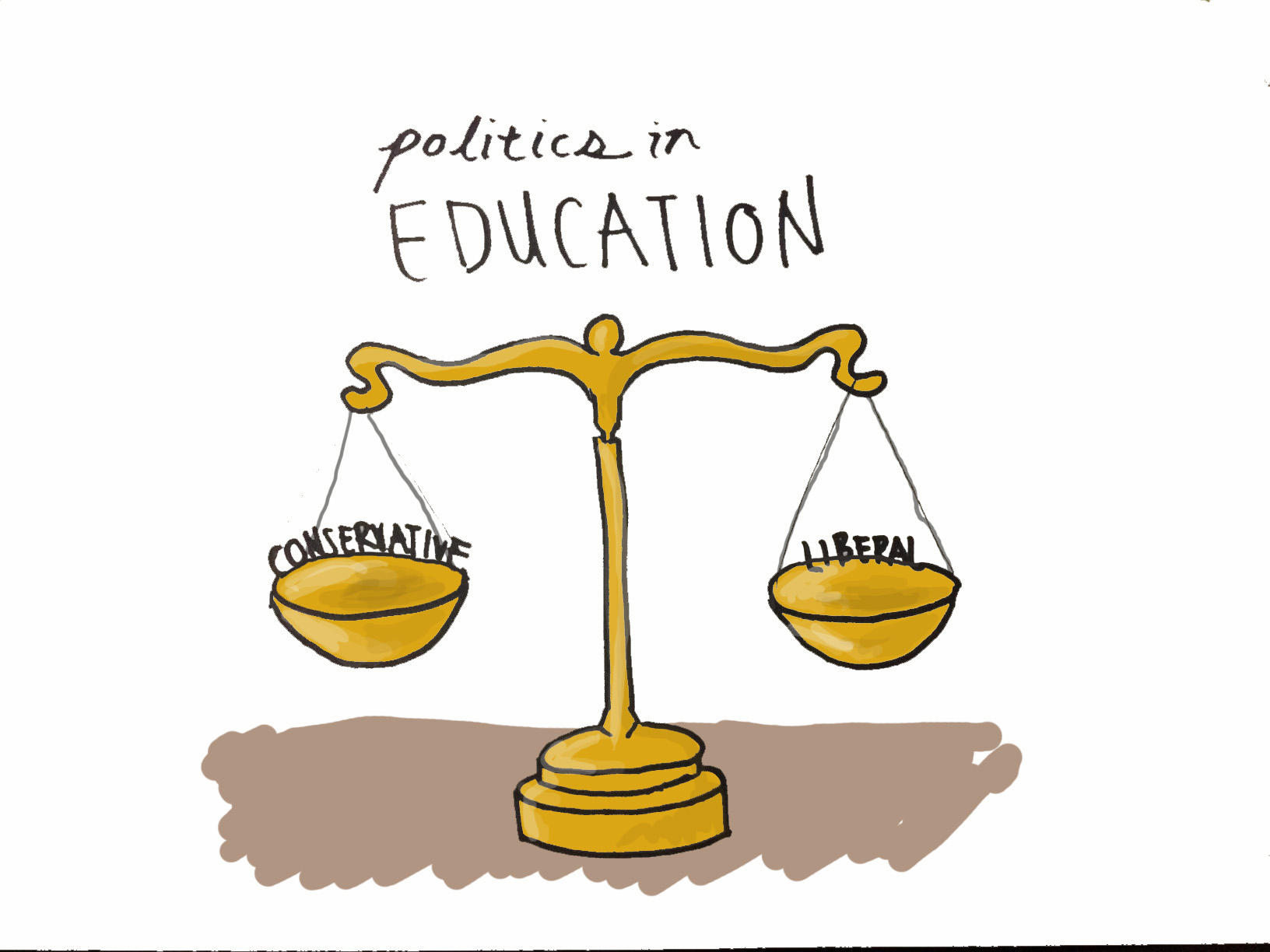In a piece for the Wall Street Journal titled “How California’s Colleges Indoctrinate Students,” Peter Berkowitz addressed what he believes to be a serious problem affecting the education of college students around the country ““ their political instruction by mostly left-leaning professors.
Extremely unbalanced political instruction in the classroom does create an unfair model of education. But, a complete absence of politics in education ““ which Berkowitz asserts is ideal ““ is both unrealistic and undesirable, as the purpose of a college education is to expose students to multiple viewpoints.
Berkowitz primarily discusses one conservative study which argues that the University of California system is dominated by an “overwhelmingly left-leaning” faculty, who have successfully decreased the quality of education by prioritizing their desire to preach in the classroom.
Berkowitz brings up some well-reasoned arguments, citing the ratio between registered Democrats and Republicans (four to one) among UC Berkeley’s faculty as evidence for his belief in a leftist-led curricular devolution. While political affiliation alone does not imply a professor will bring his or her beliefs into the classroom, it does sustain Berkowitz’s assertion that the UC system may have a significant lack of balance in terms of faculty partisanship.
However, associate political science Professor Brian Walker-Esparza made a valid point when he said he thinks conservatives don’t take into account the amount of right-leaning ideology taught in departments on campus.
“You could argue that the entire Anderson school is governed from a right-wing bias, and the economics department as well because almost the whole of American economics is very right-wing,” Walker-Esparza said. “There are curricula here that aren’t even pretending to be dispassionate and balanced.”
Walker-Esparza is proof of the political balance that can exist in the classroom ““ the first five weeks of his introductory political theory course focus on conservative thinkers, while the second half discusses liberals.
Berkowitz also mentions “The American College Teacher,” a study by UCLA’s Higher Education Research Institute which concluded in 2008 that more professors believe they need to teach activism in the classroom than believe students need to know the basics taught in a Western civilization course.
He sets out to prove professors’ desires to push political agendas on to students by noting that seven UCs do not offer a basic Western civilization course and that none supposedly have an American history requirement. However, the main UC website clearly states that there is an “American History and Institutions Requirement” to graduate. In order to fulfil that requirement here at UCLA, students must complete one year of U.S. history with at least a B average.
Though the California state constitution, Article IX, Section 9 states that “the university shall be entirely independent of all political or sectarian influence … in the administration of its affairs,” creating open forums for discussion in the classroom without any political influence is unrealistic.
Fourth-year environmental studies student Amanda Silver-Westrick said she has had both positive and negative experiences with politics in the classroom, though they have been affected by her own political views.
“As an environmental studies major, most of my professors lean to the left. I like that, because I’m personally liberal,” said Silver-Westrick, who is also the external vice president of Bruin Democrats. “But on the other hand, I took an economics class taught by a professor who imbued the class with such a deeply conservative perspective that it bothered me enough to drop.”
Fairness is the ultimate goal. But, as Silver-Westrick added, if classes were completely apolitical, that would decrease the caliber of her education as well. An absence of politics in curricula will only serve to cultivate a student body that is less engaged and knowledgeable. But it will also limit student opportunity to receive a well-rounded political education from inside the classroom. If the ever-changing campus culture dictates that politics are to be a necessary component in the classroom, then a greater emphasis must be placed on enforcing political balance.
The UC, like any good university, should strive to create a curriculum that presents both sides to students in hopes of allowing them to forge their own perspectives on the world. An absence of politics in education for fear of slant is not only unrealistic, but it also holds potential to decrease the quality of education students receive.
Do you think there is too much partisan bias in the classroom? Email Tashman at atashman@media.ucla.edu. Send general comments to opinion@media.ucla.edu or tweet us @DBOpinion.
